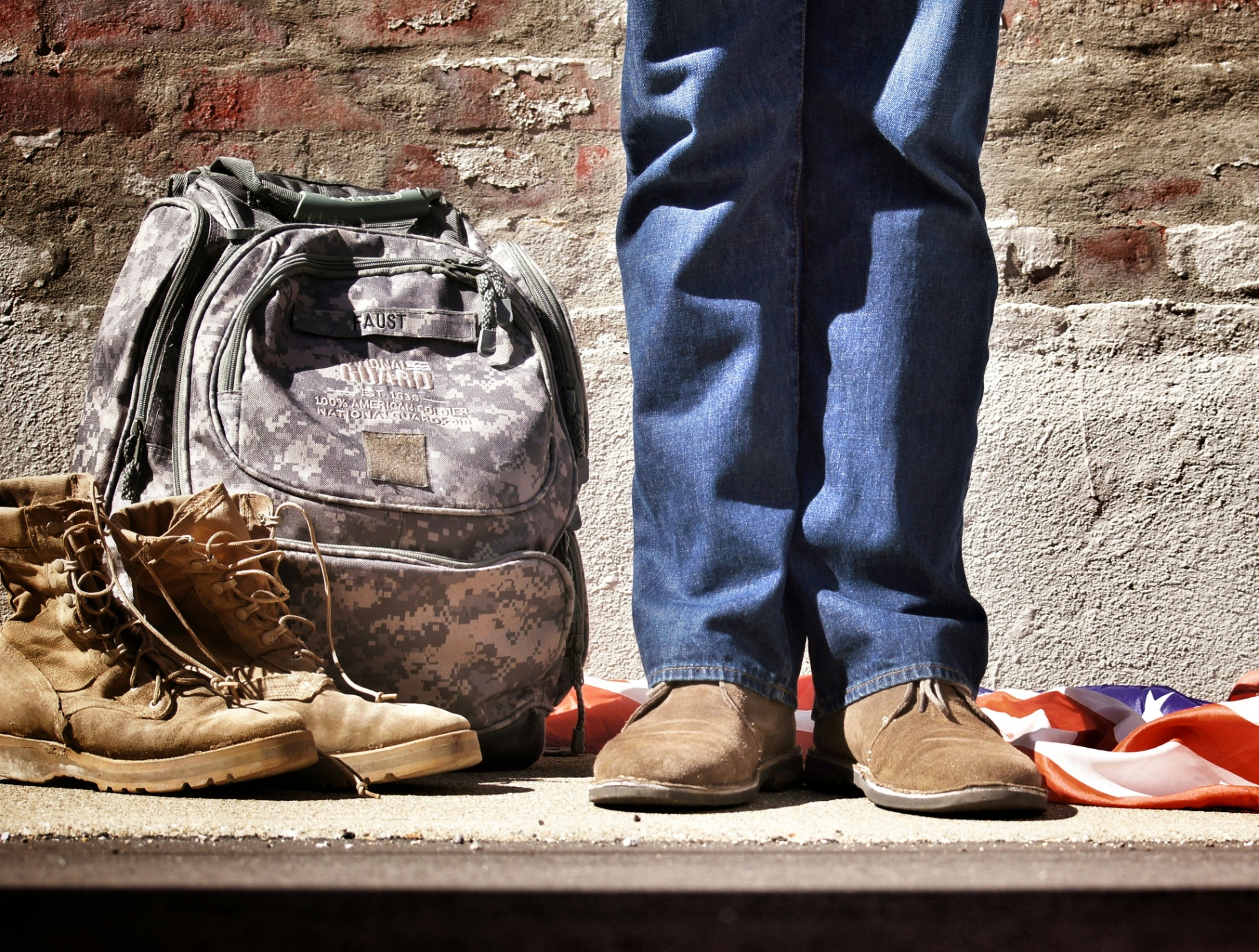Remembering the Hidden Wounds of Veterans

As Memorial Day draws near, we pause a moment to salute the brave servicemen and women who gave their ultimate sacrifice in service of our country. It’s a day filled with reflection and heartfelt thanks. For many veterans and their families this day becomes a bittersweet reminder of those ongoing challenges which remain long after the uniform has been packed away. Though Memorial Day honors those who died fighting in service, it also highlights the emotional and psychological wounds many vets carry when they return home. Among them, Post-Traumatic Stress Disorder (PTSD) ranks as the most prevalent of the psychiatric conditions afflicting veterans. The symptoms-hypervigilance, flashbacks, nightmares, anxiety and emotional numbness-can derail intimate relationships, professional advancement and daily life. Some veterans struggle in silence, not knowing how to put their experiences into words. Others may have tried talk therapy and found words did not capture the intensity of what they need to express. It’s here that other forms of therapy, like Brainspotting, offer a ray of hope.
What Is Brainspotting?
Brainspotting, developed by Dr. David Grand, is a powerful, brain-based therapy aimed at helping individuals process the deeply rooted traumas stuck in their nervous system. It is based on the premise that “where you look determines how you feel.” By identifying specific eye positions-brainspots-where the client resonates with strong memory or emotion, the therapist is able to help the client release the unconscious traumas that may not be accessible through traditional talk therapy. Brainspotting is most helpful for the survivor of trauma and allows the brain to reach beyond words and helps the body resolve embedded experiences in a safe and supportive space.
The Significance of Brainspotting for Veterans
Veterans commonly describe their trauma as a sense of being “stuck”- as if something is just beneath the surface, quietly affecting their mood, their reactions, and their sense of safety. Brainspotting gives access to “stuck” material and allows veterans to process it without having to verbalize the traumatic event. This can be incredibly validating and healing for veterans who may be reluctant to talk or may be unable or unwilling to put their emotions into words.
Example in Practice: A veteran may be startled by any sudden noise. Under the soft encouragement of brainspotting, the veteran can notice where those feelings are located in the body- maybe a constricting in the chest or an ache in the belly. As the veteran looks at a specific spot in his line of sight, their mind begins working on processing what has occurred so that their body can slowly release the pent-up tension. As time passes, the stimulus loses emotional impact and becomes bearable rather than the enemy they can’t seem to shake.
Honoring Their Healing Journey
This Memorial Day, as we remember those who have given their lives in service, let us also recognize the healing paths of those who have come home. A soldier’s journey doesn’t end when they return home; for many, it’s only just the start-and therapy can be an essential part of that continuing narrative. If you or a family member is a veteran and is struggling with PTSD, take comfort in knowing help is available. You don’t have to do this fight alone. Therapies like Brainspotting are empowering veterans to take their lives back.
Written by Rhonda Gates, LPC Associate. Supervised by Jenai Tidwell, LPC Supervisor

